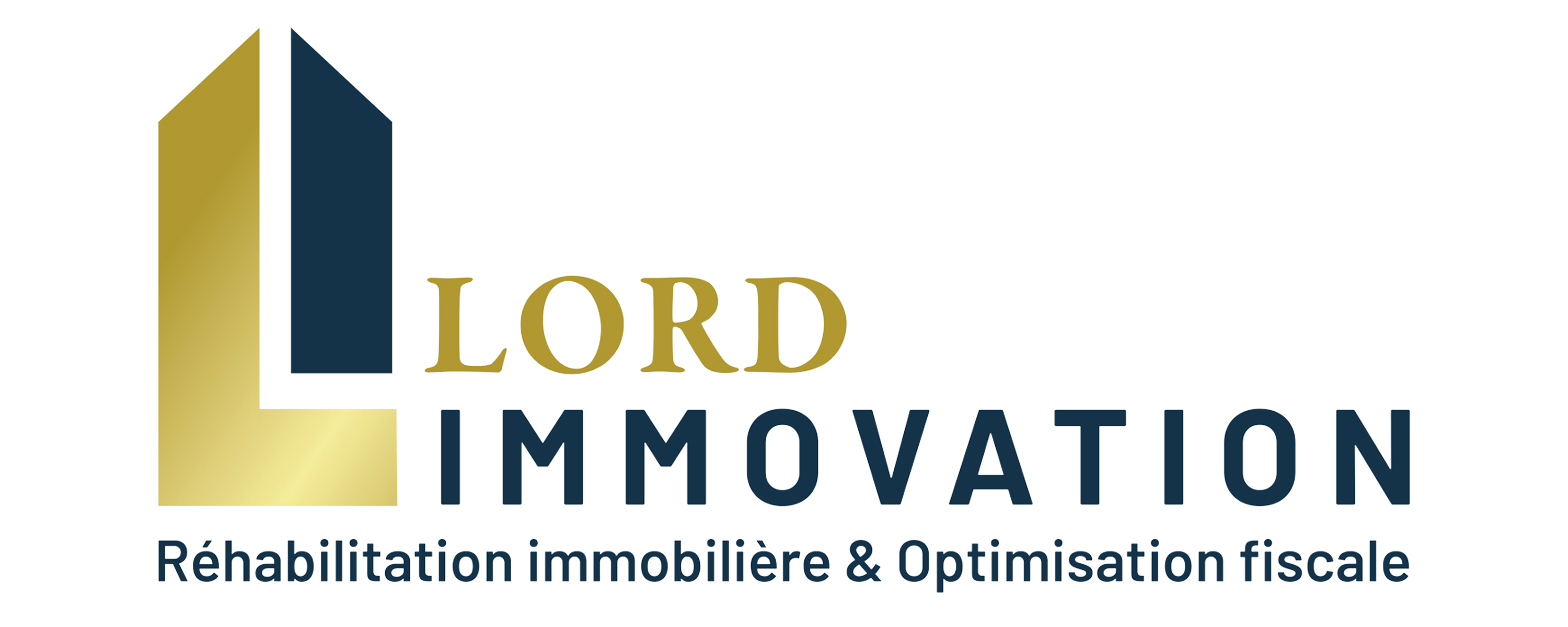How Do You Get Diabetes?
Diabetes mellitus is a chronic problem that impacts millions of people worldwide. It occurs when the body is incapable to appropriately manage blood sugar level degrees, causing high degrees of glucose in the bloodstream. There are numerous variables that can add to the development of diabetes, including genetics, way of living selections, and medical conditions. In this short article, we will discover the numerous causes of diabetes as well as how they can influence your wellness.
The Duty of Genetics
Genes plays a substantial function in the growth of diabetes mellitus. If you have a household history of the condition, you may go to a greater risk of developing it yourself. While having a hereditary predisposition does not assure that you will certainly create diabetes mellitus, it does raise your chance. Specific genes can affect how your body generates as well as utilizes insulin, the hormone responsible for managing blood sugar level degrees.
Furthermore, particular congenital diseases, such as Down disorder and cystic fibrosis, can enhance your threat of developing diabetes mellitus. These problems influence the performance of specific body organs or hormones in the body, including the pancreatic, which produces insulin.
Way Of Living Choices and Diabetes
Your way of life choices can play a vital function in the advancement of diabetes. Harmful habits, such as a less active way of life, poor diet, and also weight problems, can considerably increase your threat. Lack of exercise and also consuming a diet regimen high in refined foods, added sugars, as well as harmful fats can add to weight gain as well as insulin resistance.
Insulin resistance takes place when your body’s cells become much less receptive to the impacts of insulin, requiring your pancreatic to generate even more insulin to control blood sugar degrees. In time, this can cause the growth of type 2 diabetic issues.
Additionally, excessive alcohol intake and also cigarette smoking have likewise been linked to a boosted risk of diabetes mellitus. These practices can interrupt the body’s ability to control blood sugar levels as well as boost swelling, additional adding to the advancement of the problem.
Clinical Conditions as well as Diabetic Issues
Certain medical conditions can additionally boost your threat of developing diabetes mellitus. For example, people with polycystic ovary syndrome (PCOS), a hormonal disorder that impacts females, frequently have insulin resistance and a higher danger of diabetic issues.
Various other problems that can add to diabetes include hypertension, high cholesterol levels, as well as a background of gestational diabetes (diabetes that occurs while pregnant). These conditions can impair the body’s ability to appropriately manage blood sugar level degrees, bring about the growth of diabetes gradually.
Age and Ethnic background
Age and ethnic culture are added factors that can affect your risk of creating diabetes. As you age, your threat boosts, especially after the age of 45. This is partially as a result of lifestyle aspects collected with time and also the natural decrease in insulin cardiobalance bewertung level of sensitivity that occurs with aging.
Moreover, particular ethnic teams, such as African-Americans, Hispanic-Americans, Native Americans, as well as Asian-Americans, go to a greater threat of creating diabetes compared to the basic population. The reasons for these differences are not totally comprehended yet might be associated with a combination forte uromexil of hereditary, way of living, and also socioeconomic factors.
Finally
While the exact cause of diabetes mellitus may vary from individual to specific, it is clear that a combination of genetic, lifestyle, as well as medical aspects can add to its advancement. Understanding these threat factors can aid you make educated choices about your health and take steps to avoid or manage diabetes.
If you are worried concerning your risk of creating diabetes, it is necessary to talk to your healthcare provider. They can analyze your private risk variables, give advice on lifestyle adjustments, and conduct appropriate screening to check your blood glucose levels. With the ideal expertise and aggressive approach, you can reduce your threat of creating diabetic issues and also lead a healthy and balanced life.
